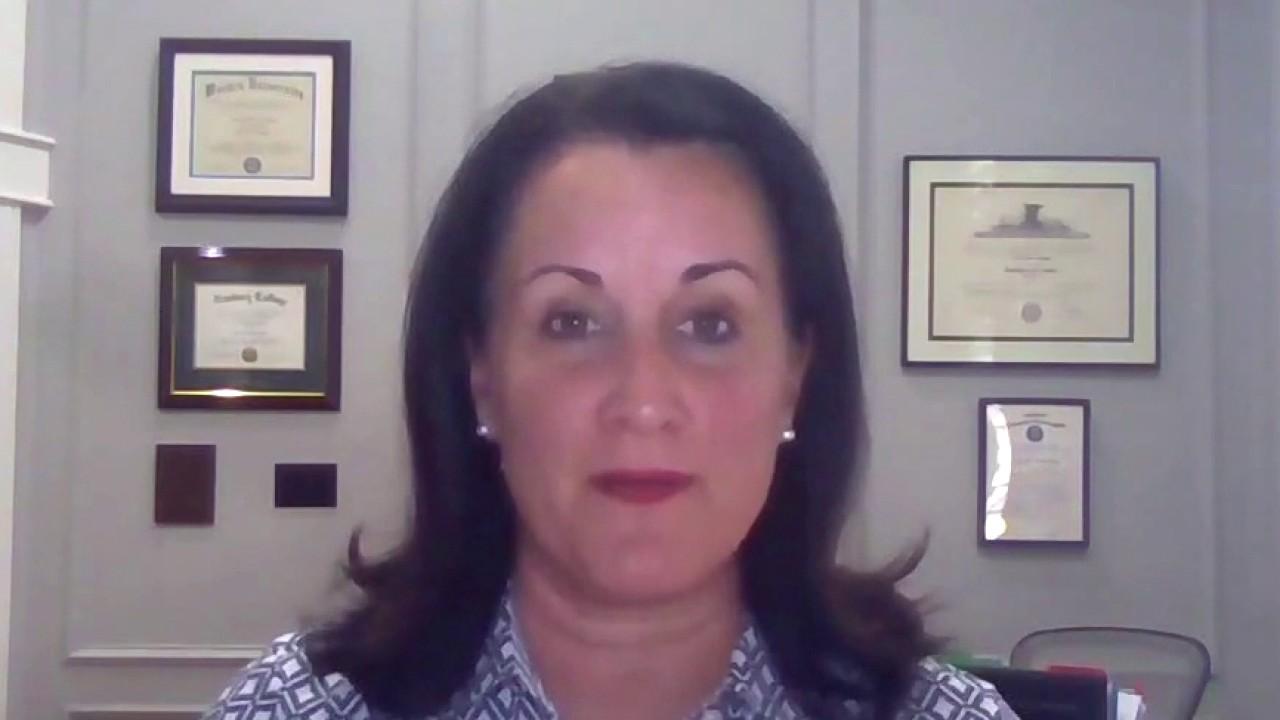Texas restaurants will not survive winter if second shutdown happens, industry leader warns
Dining room closures could kill off 40% of the Lone Star State's eateries, Texas Restaurant Association president says
As states begin to reimpose restrictions on dining due to an increase in coronavirus cases, Texas Restaurant Association president and CEO Emily Williams Knight told Fox Business Network Wednesday a second shutdown would be detrimental to the industry.
“As we're trying to encourage consumers to come back into a regulated environment and to enjoy an experience in a restaurant, we are certainly bracing for more impact,” Knight told “After the Bell.” “And I can tell you that having lived through the spring in Texas, with the restaurant dining rooms being closed, most of our restaurants won't make it through winter with closed dining rooms.”
Coronavirus cases in Texas are rising rapidly, with the state reporting more than 10,800 new cases and 94 total deaths on Tuesday alone.
6,500 NEW RESTAURANTS OPENED IN SEPTEMBER, DESPITE CORONAVIRUS PANDEMIC DIFFICULTIES: REPORT
Before the virus outbreak, the Lone Star state was home to 50,000 restaurants, about 15% of which had closed for good as of the end of September. Knight added that another 20% are in jeopardy in the absence of additional federal action.

iStock
“With any type of closure of dining rooms, we expect that number would cross 40% — of our restaurants will not make it through this crisis,” she said.
GET FOX BUSINESS ON THE GO BY CLICKING HERE
Since El Paso tightened restrictions almost two weeks ago, including closing dining rooms, coronavirus numbers in the city have only gone higher, Knight noted
She added that restaurants are a “critical” piece of Texas’ supply chain, and encouraged consumers to continue to go out into regulated environments.
CLICK HERE TO READ MORE ON FOX BUSINESS
“It's really important to understand that there is no correlation between restaurants and the spread of COVID-19,” she said. “So why do we continue to use restaurants as the lever to control the spread when we don't see any evidence that actually does the job?”




















